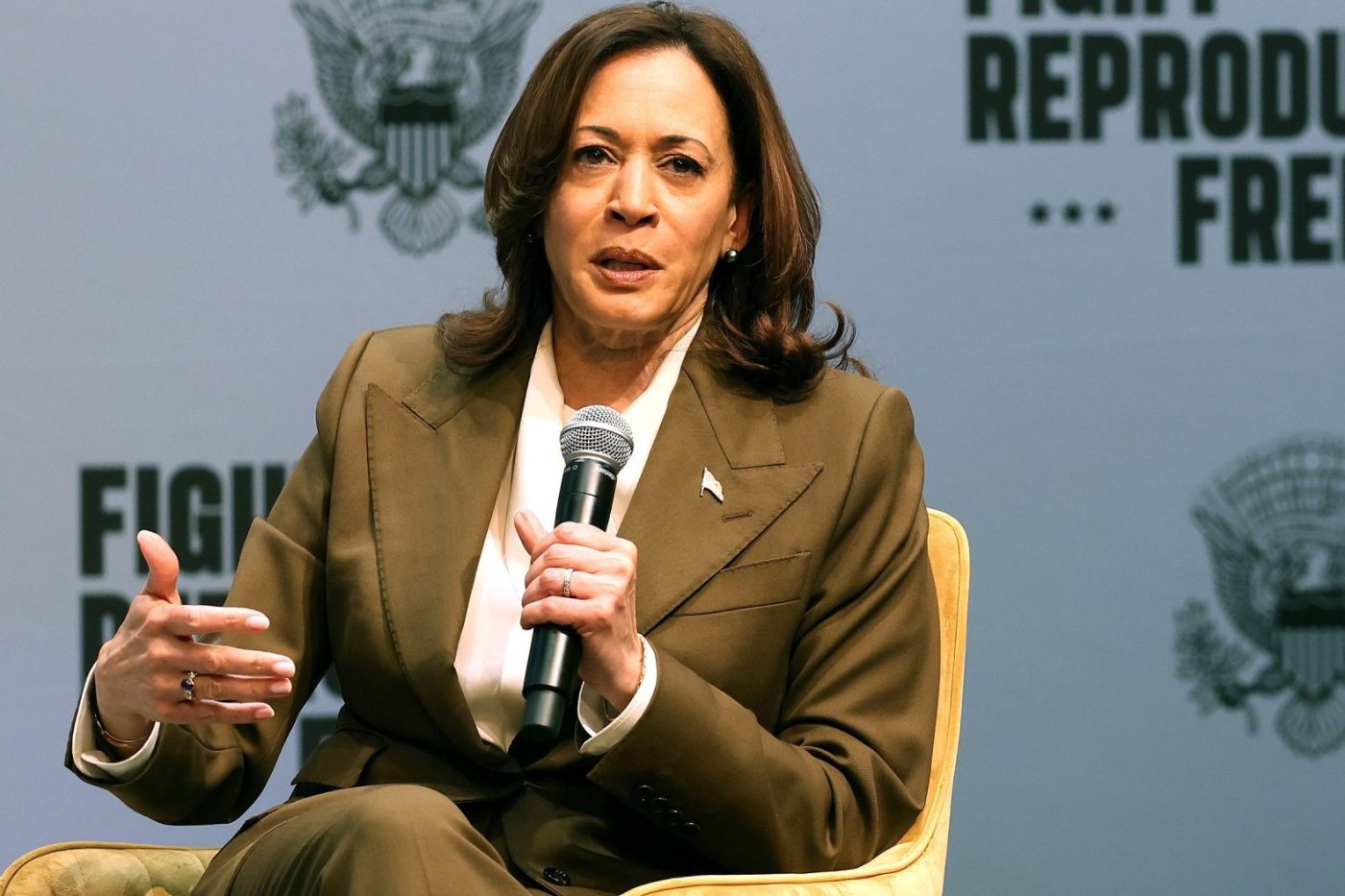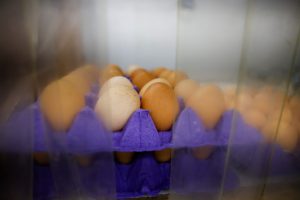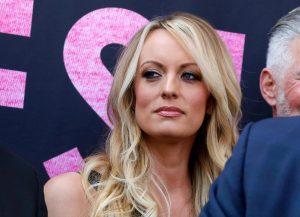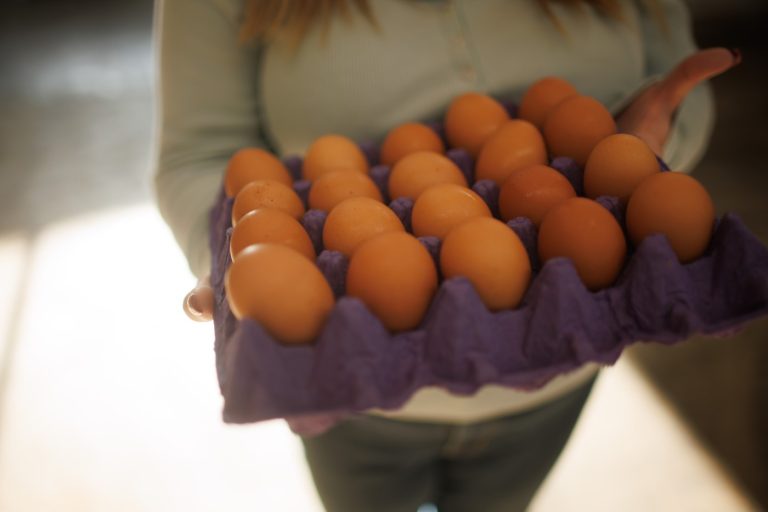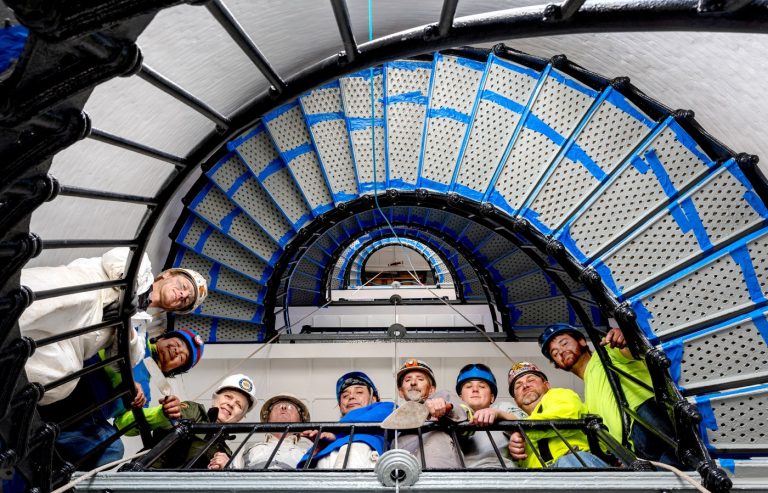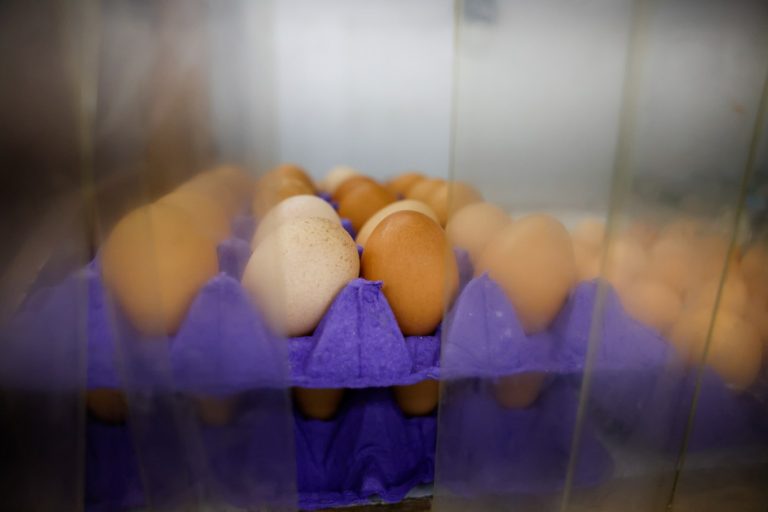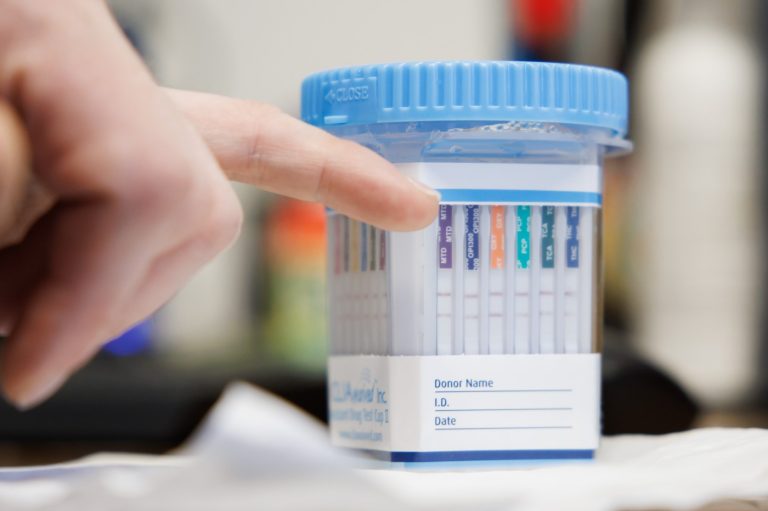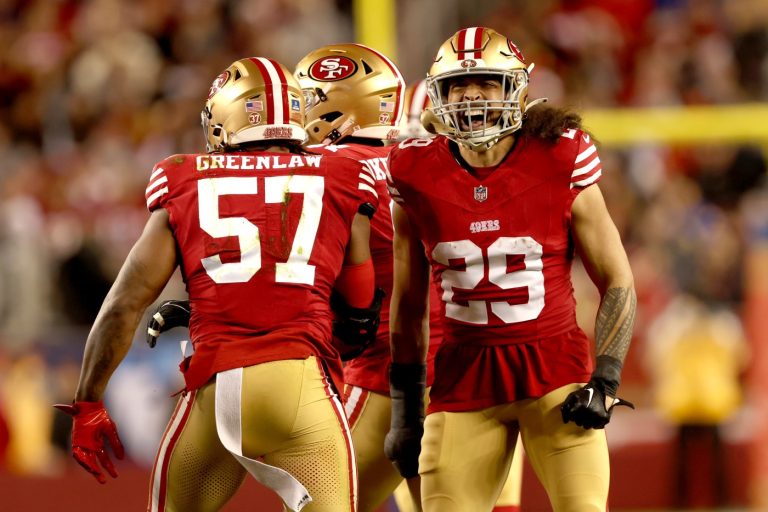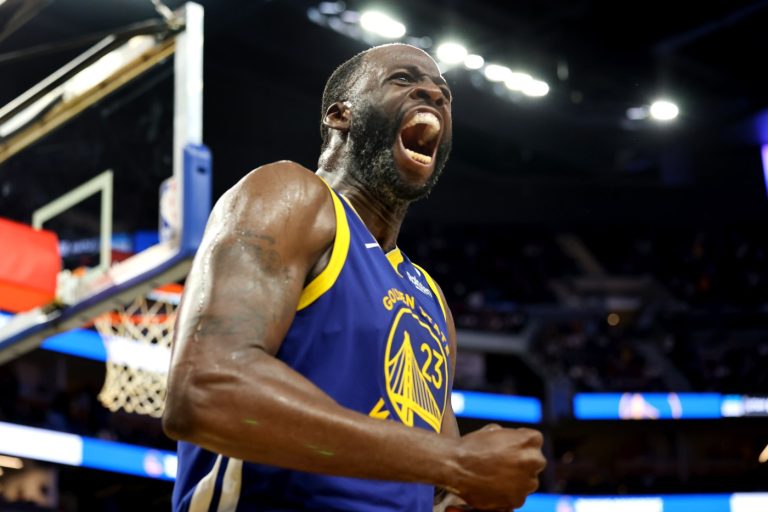For most of the early and teen years of this century, Kamala Harris was one of the weakest of vote-getters in Democratic-dominated California, even while she held three electoral offices in succession. Her marginal vote-getting performances have been mostly glossed over since she became President Biden’s backup as vice president.
Related Articles
Elias: Adults living with parents probably not a stable California trend
Elias: A modest proposal to solve California’s retail theft problem
Elias: California’s housing problems not fixed by allowing more density
What happens if the Biden-Harris ticket loses this fall, though, and Harris is left without public office for the first time in 22 years? Harris will have just turned 60 a couple of weeks before Election Day, an age when many politicians are just getting started and almost exactly 30 years younger than former U.S. Sen. Dianne Feinstein was when she died in office. Not exactly a retirement scenario.
Yet if she and Biden lose, Harris would have a lot of proving to do about her electoral appeal before she could even think about running for president again, as she briefly did in 2020. Enter California’s wide-open 2026 race for governor. What better venue for Harris to prove she has become a much more potent politician than she ever was before?
The race is already somewhat crowded, with the likes of Lt. Gov. Elena Kounalakis, former state Senate President Toni Atkins, former state Controller Betty Yee and current state Schools Superintendent Tony Thurmond now running. Other potential entrants include Attorney General Rob Bonta, former Attorney General and current federal Health and Human Services Secretary Xavier Becerra and, very likely, Riverside County Sheriff Chad Bianco, the lone significant Republican possibility at the moment.
Harris’s current prominence and greater name recognition would immediately propel her to the forefront of that field, which could be enough to get her into the runoff election two years from now under the state’s top-two “jungle primary” system. She would also have the services of the same campaign consultants who have helped current Gov. Gavin Newsom to win after win, gaining national prominence in the process.
Would Harris then be ripe for an upset, though? That’s where her previous nondescript polling record could become relevant. When she ran for San Francisco district attorney in 2003, she lost in the primary to unpopular incumbent Terence Hallinan but later beat him in a runoff. She then was unopposed for re-election in 2007.
When she ran for California attorney general in 2010, in the last state election before the advent of the top-two system, Harris easily won the Democratic primary, but Republican rival Steve Cooley, then the Los Angeles district attorney, almost upset her despite the Democrats’ huge voter registration advantage. She won by just 6,000 votes out of 9.6 million cast, the outcome not determined until more than three weeks after the last vote was cast.
Easily re-elected later, she set her sights on the Senate seat once held by Democrat Barbara Boxer and drew a Democrat for her runoff opponent. Harris easily beat former Orange County U.S. Rep. Loretta Sanchez but still got only 39% of the primary vote before easing through the runoff with 61%. Altogether, that’s an underwhelming performance in this heavily Democratic state.
Harris has emerged lately as the Biden administration’s top spokesperson on abortion, though, barnstorming the nation to remind voters — especially women — that former President Donald Trump is responsible for today’s state-by-state legal patchwork on the procedure. That’s by virtue of his having named three conservative Supreme Court justices, all of whom voted to overturn Roe v. Wade.
Her railing against women’s loss of the right to choose in many states may have made her more popular among women voters, but does not appear to have helped her standing among males.
The net effect is not yet enough to push her into a positive national rating. A recent USA Today/Suffolk poll found that more than half of voters surveyed, 54%, considered Harris not qualified to be president, despite four years of major national experience. Or perhaps because of it.
The upshot is that if Biden and Harris lose this fall, Harris would need to prove herself in a way she never has before she could be considered a serious future presidential candidate. Becoming California governor would do that better than almost anything else.
Email Thomas Elias at tdelias@aol.com, and read more of his columns online at californiafocus.net.
